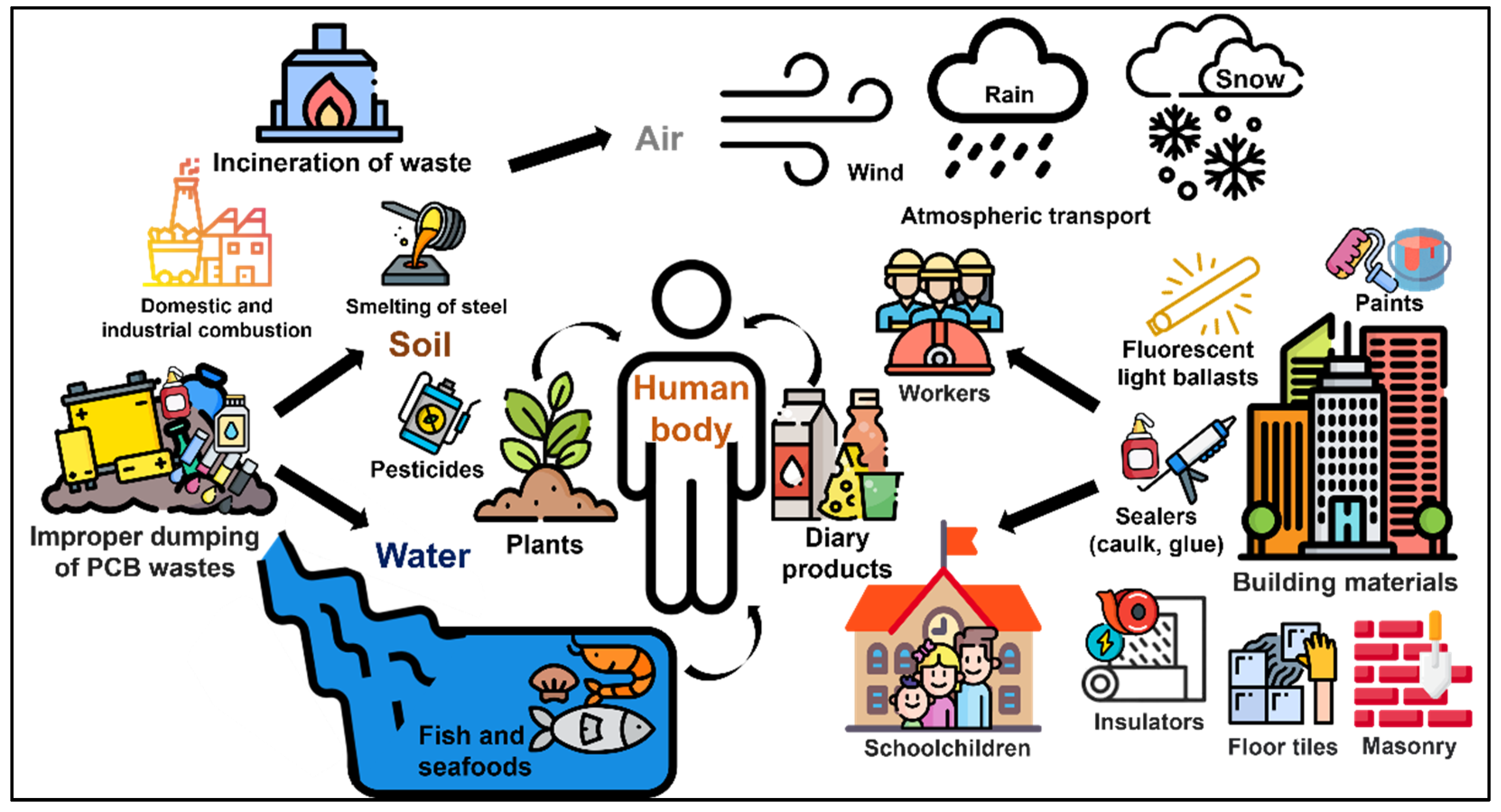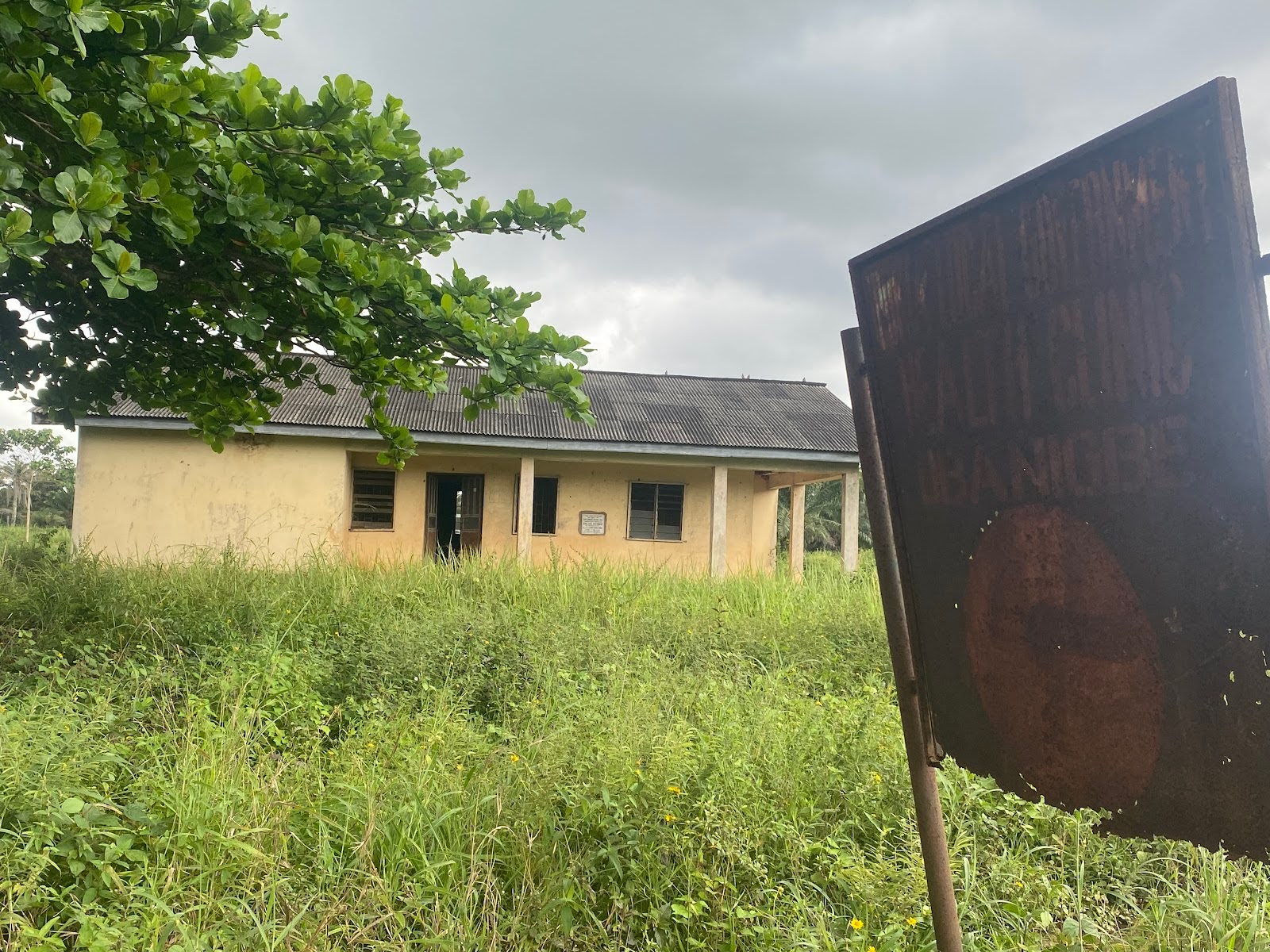Stakeholders in the health sector have emphasised the need to transition from reliance on commercial and family replacement donors to a sustainable culture of voluntary blood donation in the country.
Nigeria needs 2.2 million units yearly to meet national demand; available data indicate that less than 500,000 units are collected, representing just 20 to 25 per cent of the national demand.
Only about 10 to 15 per cent of blood donated yearly in Nigeria comes from voluntary, non-remunerated donors. The remaining 85 to 90 per cent is sourced from family replacement donors, often recruited in emergencies.
The chair of the Senate Committee on Health, Senator Ipalibo Harry-Banigo, who spoke at the National Blood Service Agency (NBSA) Stakeholders Engagement in Abuja, underscored the transformative potential of a well-coordinated, safe, and accessible blood system.
He also called for sustainable solutions to address maternal mortality and critical health needs. The lawmaker lamented that too many health facilities still face significant challenges accessing safe and sufficient blood.
She emphasised the need for better coordination between the national and sub national actors to enhance service delivery, and investment in robust data systems that can track, predict and manage blood supply.
Harry-Banigo noted the need to look at the urgent requirement for improved cold chain infrastructure and equitable blood distribution systems, emphasising the need for more blood centres across the country.
She said that the event themed “Strengthening Blood Services for a Healthier Nation, a Call for Action, underscores the urgent need to deepen national commitment to ensuring a safe, accessible and sufficient blood supply.
She observed that the gathering offered a critical opportunity to reflect on the persistent gaps that continue to hinder progress and reaffirmed the National Assembly of Nigeria (NASS) unwavering commitment to strengthen blood services nationwide.
Also speaking, Minister of Health and Social Welfare, Prof Muhammad Pate, observed that Nigeria’s blood donation is less than the average in Africa in the 2010 -2013 World Health Organisation (WHO) global database for blood safety.
The minister, who was represented by the Director Hospital Services, Dr Jimoh Salaudeen, emphasised the need for effective community engagement and mobilisation to encourage voluntary blood donation in the country.
In his presentation, the Director General of the National Blood Service Commission (NBSA), Prof Saleh Yuguda, said the country has made progress in blood banking and transmission. However, little efforts are made in the area of safety, as it is still fragmented and uncoordinated. “Over the last one year, we have been talking to some hospitals, unfortunately, the majority is not responding, and that’s why we set up a national task force that will start going after public or private establishments.”
Yuguda said that the lack of blood accounts for almost 30 per cent of maternal deaths, and also 40 per cent of deaths in road traffic accidents, as well as under-five mortality rates. To address this crisis, Pate said the Federal Government has launched the national health sector renewal investment initiatives to strengthen the healthcare sector.
He stated that the agency’s target is to achieve a 40 per cent increase in blood supply, scale up voluntary donation from less than 10 per cent to at least 50 per cent in the next five years and contribute to the goals of reducing maternal mortality in the country.
Among the initiatives to address the crisis in the health sector include the Miami initiatives, free obstetric care, free maternal and child health facilities, and also the $1 billion maternal and child health facility fund, as well as the free medical treatment, treatment for accident and emergencies.






